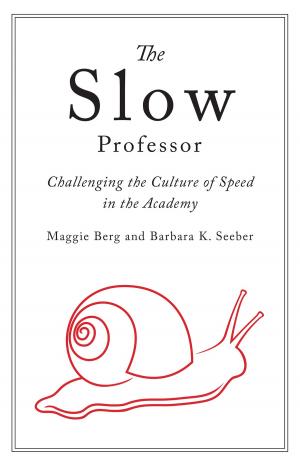Stranger Rape
Rapists, Masculinity and Penal Governance
Nonfiction, Social & Cultural Studies, Social Science, Crimes & Criminals, Criminology, Gender Studies, Sociology| Author: | Kevin Bonnycastle | ISBN: | 9781442662445 |
| Publisher: | University of Toronto Press, Scholarly Publishing Division | Publication: | October 9, 2012 |
| Imprint: | Language: | English |
| Author: | Kevin Bonnycastle |
| ISBN: | 9781442662445 |
| Publisher: | University of Toronto Press, Scholarly Publishing Division |
| Publication: | October 9, 2012 |
| Imprint: | |
| Language: | English |
Kevin Denys Bonnycastle’s Stranger Rape is an in-depth study of the lives of fourteen men who raped women unknown to them. Using new data derived from official offender files, offender program observations, and the men’s personal histories, Bonnycastle documents, compares, and contrasts their experiences from boyhood to adulthood and eventual incarceration.
Bonnycastle argues that stranger-rapists do not fit existing portrayals of them as predatory monsters or misogynist everymen. Instead, through an innovative approach that builds on research and theory from feminism, gender studies, critical criminology, and masculinity studies, she positions stranger-rape as a matter of experiences of pain and powerlessness rather than of male power and control. The book’s major achievement is to recognize rapists and rape in their particularity and complexity in the hope that critical thinking about their lives and about their experiences in penal contexts and programs may eventually lead to what one respondent called his ‘road to redemption.’
Please note that this book includes graphic content.
Kevin Denys Bonnycastle’s Stranger Rape is an in-depth study of the lives of fourteen men who raped women unknown to them. Using new data derived from official offender files, offender program observations, and the men’s personal histories, Bonnycastle documents, compares, and contrasts their experiences from boyhood to adulthood and eventual incarceration.
Bonnycastle argues that stranger-rapists do not fit existing portrayals of them as predatory monsters or misogynist everymen. Instead, through an innovative approach that builds on research and theory from feminism, gender studies, critical criminology, and masculinity studies, she positions stranger-rape as a matter of experiences of pain and powerlessness rather than of male power and control. The book’s major achievement is to recognize rapists and rape in their particularity and complexity in the hope that critical thinking about their lives and about their experiences in penal contexts and programs may eventually lead to what one respondent called his ‘road to redemption.’
Please note that this book includes graphic content.















